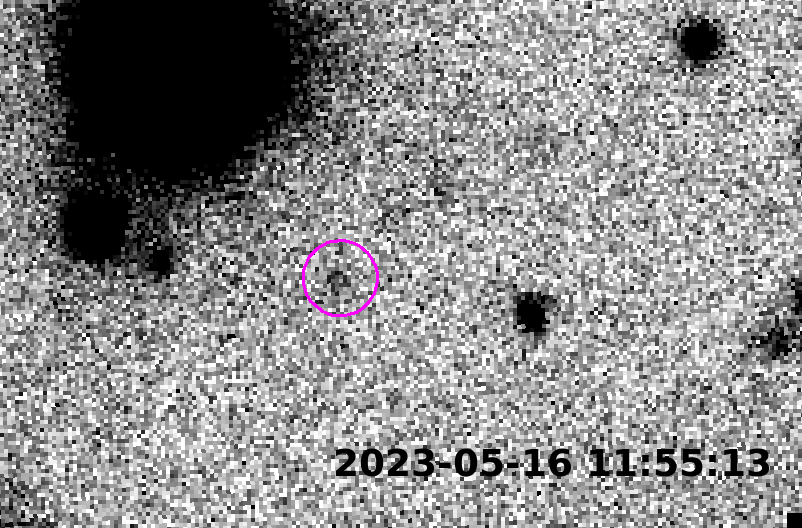T4K3.news
Astronomers discover new trans-Neptunian object
A distant object in the solar system, 2020 VN40, dances in sync with Neptune.

A newly discovered trans-Neptunian object reveals unique orbital behavior linked to Neptune.
Astronomers find new solar system object in unusual harmony with Neptune
Astronomers have identified a strange object in the outer solar system known as 2020 VN40. This trans-Neptunian object is in a unique dance with Neptune, completing one orbit for every ten Neptune orbits. This long cycle, lasting about 1,648 Earth years, may have been influenced by Neptune's gravity. Researchers from the Canada-France-Hawaii Telescope and LiDO survey suggest this discovery enhances our understanding of the solar system's evolution. The object follows a highly tilted orbital path, separating it from other similar bodies while revealing new dynamics in the outer solar system.
Key Takeaways
"This is a big step in understanding the outer solar system."
Rosemary Pike emphasizes the significance of the discovery in studying the solar system.
"It shows that distant regions can contain objects and gives us new clues about how the solar system evolved."
This quote highlights the implications of the finding for solar system evolution.
"This new motion is like finding a hidden rhythm in a song we thought we knew."
Ruth Murray-Clay compares the new orbital behavior to discovering new nuances in familiar music.
"We're opening a new window into the solar system's past."
Kathryn Volk indicates the potential for future explorations based on these findings.
The discovery of 2020 VN40 challenges existing notions of how objects behave in distant solar orbits. Team members highlighted that its unique resonance with Neptune might shift how scientists conceptualize the dynamics of other trans-Neptunian objects. As more such discoveries emerge, particularly with the help of the Vera C. Rubin Observatory, researchers could revolutionize solar system studies. These new findings may also spark interest in further exploration of unexplored regions of space, revealing further cosmic mysteries.
Highlights
- Finding new space objects opens a window into the solar system's past.
- This motion reveals an unseen rhythm in our cosmic understanding.
- 2020 VN40 is a reminder that the universe is full of surprises.
- New discoveries may change how we view distant celestial bodies.
Potential backlash from funding for space research
As new discoveries emerge, there may be concerns over funding allocations for further space exploration. Public and political reactions could affect future missions, particularly in an environment where budgets are tight.
The ongoing discoveries may shed light on the history of our solar system.
Enjoyed this? Let your friends know!
Related News

Astronomers discover trans-Neptunian object 2020 VN40

Newly Discovered Object in Sync with Neptune

Astronomers find new distant object orbiting in sync with Neptune

New object found beyond Neptune presents potential evidence for Planet Nine

New Planetoid Ammonite Found in the Solar System

Astronomers discover new object in outer solar system

New Evidence Suggests Planet 9 May Exist Beyond Pluto

Gemini North images interstellar comet 3I/ATLAS
